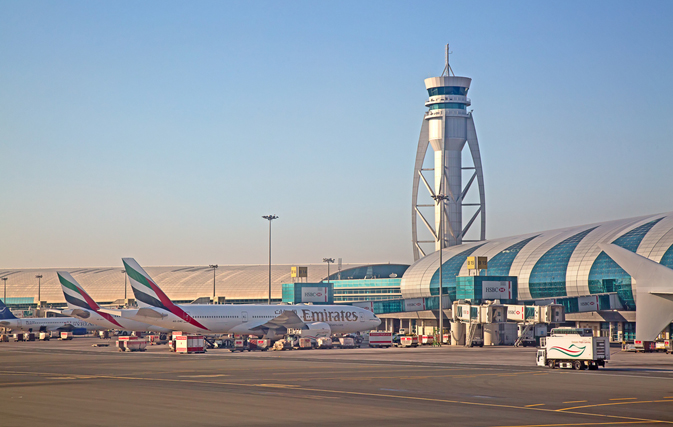DALLAS — Leaders of the three biggest U.S. airlines are seeking to meet with new Secretary of State Rex Tillerson to revive their stalled complaint that rivals from the Middle East are getting unfair government subsidies.
The issue took on new urgency last month when one of the fast-growing Middle Eastern carriers, Emirates, announced plans to begin a new route between Athens, Greece, and Newark, New Jersey, just outside New York City. Such flights would entirely bypass Emirates’ home nation, the United Arab Emirates.
American Airlines CEO Doug Parker said Thursday that Emirates’ announcement – coming as the Obama administration was leaving and before the Trump administration was at full speed – “certainly looks like a shot across the bow.”
American, Delta Air Lines and United Airlines charge that Emirates, Qatar Airways and Etihad Airways have received billions of dollars in subsidies from their governments, allowing them to offer below-market fares and violating so-called open-skies treaties. The Middle Eastern carriers deny receiving subsidies, and they have allies in some smaller U.S. airlines, including JetBlue Airways, and cargo carrier FedEx, which oppose renegotiating the airline treaties.
American, Delta and United asked Washington to open negotiations with Qatar and the United Arab Emirates over the issue. The Obama administration promised to hold informal talks but left office last month without taking action.
Emirates began flying between Milan and New York in 2013 but didn’t add other flights after the U.S. airlines raised their subsidy claims. Parker said that letting Gulf carriers operate more such flights would pose a threat to U.S. airlines.
“If those carriers are allowed to fly routes like Dallas-Fort Worth to Paris, it makes our ability to fly that route incredibly difficult,” and shorter flights that feed passengers to Dallas-to-Paris planes could also “begin to unwind,” he said in an interview.
Some consumer advocates side with the Gulf carriers, however, saying the competition would lead to lower fares.
Parker said late Thursday that the airlines had not yet heard back from the State Department about meeting Tillerson, who was sworn in only the day before.
The U.S. carriers are pinning their hopes on President Donald Trump’s campaign promises to put American interests first in matters such as trade deals.
